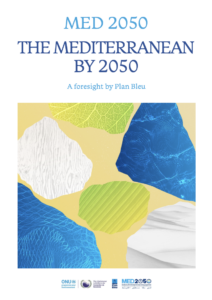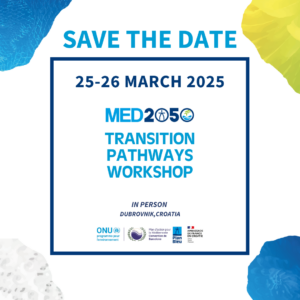On 8 November, Plan Bleu presented the H2020 Green Deal WaterLANDS project, of which we are partners, at a side event at Ramsar COP14 in Geneva, organised by IUCN and the Geneva Environmental Network and entitled “Unpacking the potential of wetlands for addressing climate change and biodiversity loss”.
This event provided a deeper understanding of existing policies and regulations through examples from the United Nations Economic Commission for Europe (UNECE) Water Convention and a proposed European Commission Nature Restoration Law, as well as nature-based solutions in the context of wetlands to mitigate and adapt to climate change, protect biodiversity, and provide ecosystem services on a global scale. With presentations on experiences and solutions coming from EU-funded projects, this exchange enabled policymakers and practitioners to integrate and utilise wetlands into their commitments to achieve sustainable development goals and support countries in reaching climate and biodiversity targets.
On this occasion, Arnaud Terrisse, Project Officer at Plan Bleu presented concrete actions of wetland restoration through Nature-based Solutions and the importance of community engagement for ensuring successful wetland restoration. He also highlighted how the project will contribute to the EU Green Deal and particularly to the recently proposed regulation for a EU Nature Restoration Law.
WaterLANDS will support decision makers, local communities and restoration practitioners to intensify cooperation towards the large-scale restoration of wetlands in Europe. From aligning governance, fostering community engagement, to tailoring financial solutions and resources for wetland restoration. Two examples of successful restoration efforts in Ireland and France were presented. Knowledge and results generated will inform future restoration at the Action Sites of the project. With the rapid global loss of biodiversity and an increase in the frequency of environmental disasters associated with climate change, upscaling restoration of wetlands and adopting a landscape approach are more important than ever.
For more information about the event or the WaterLANDS project visit the following links:












